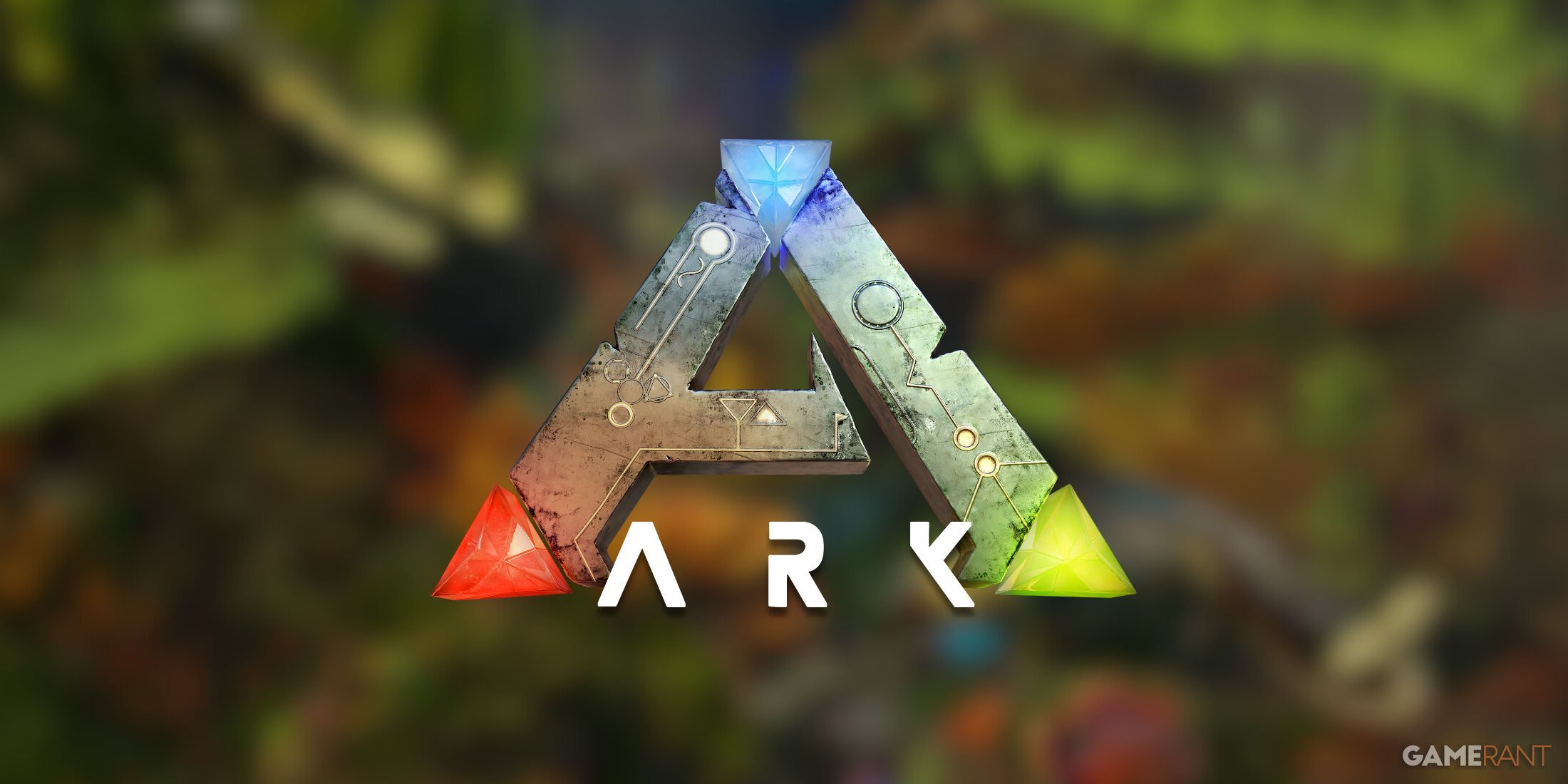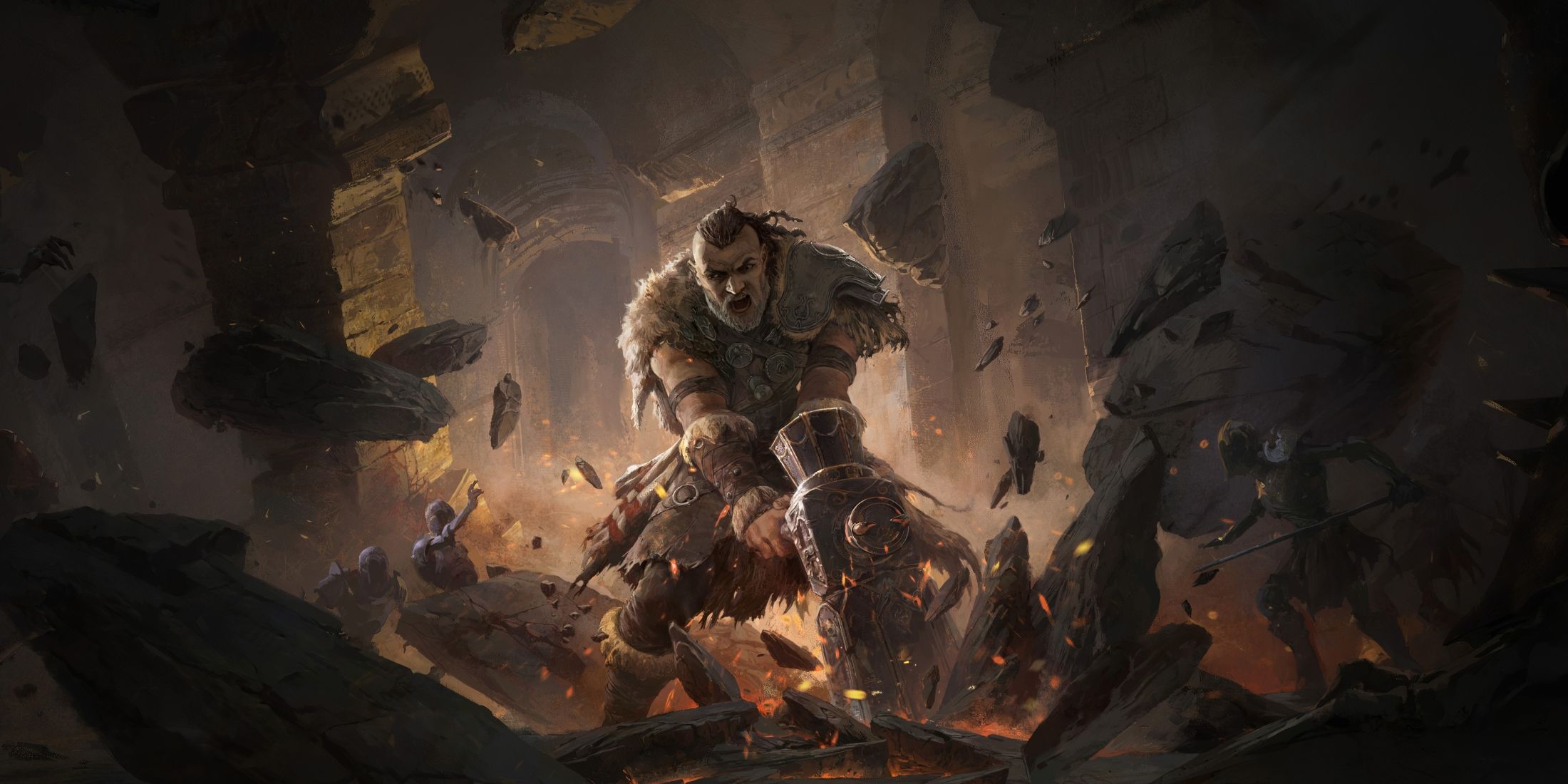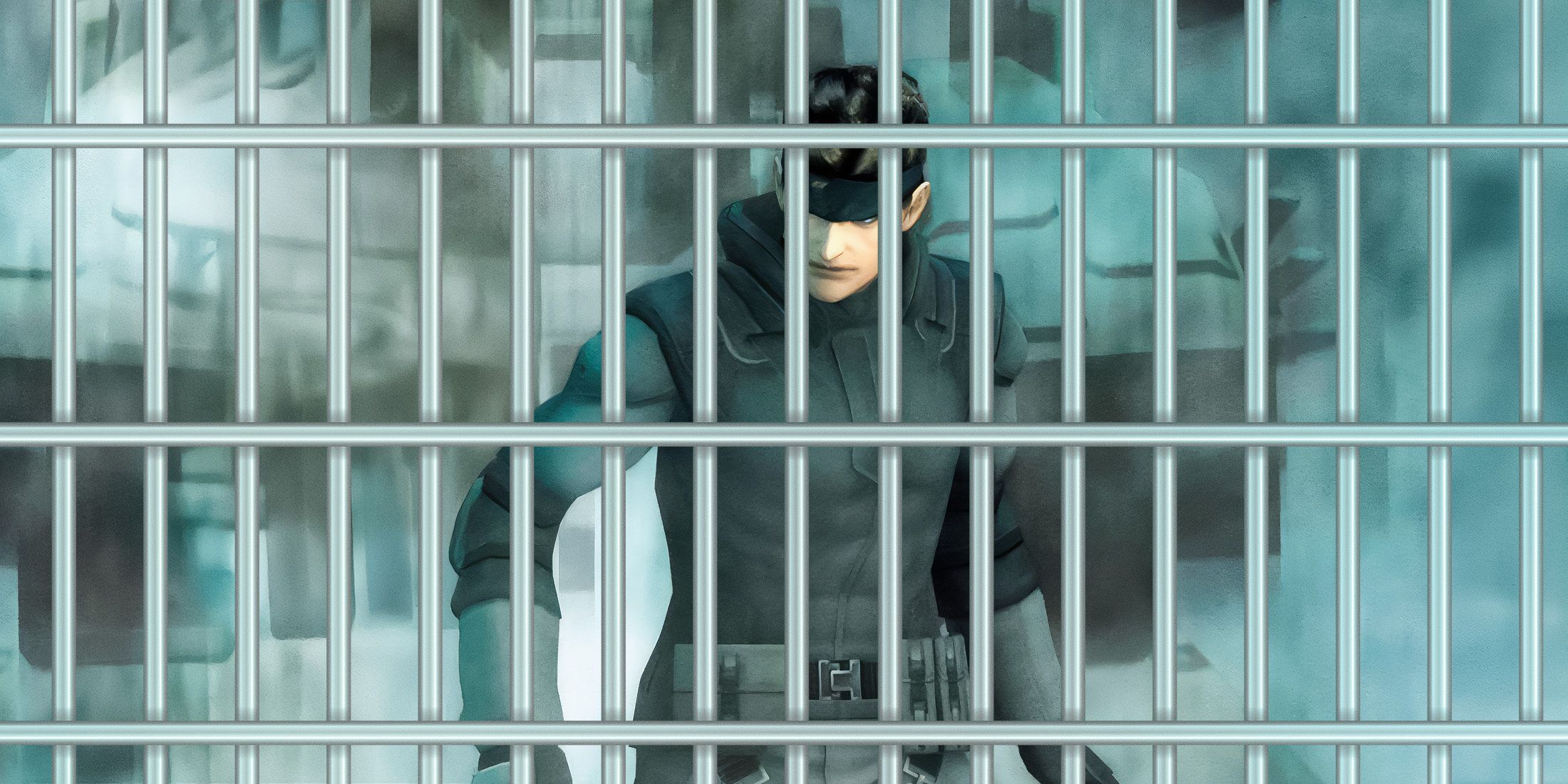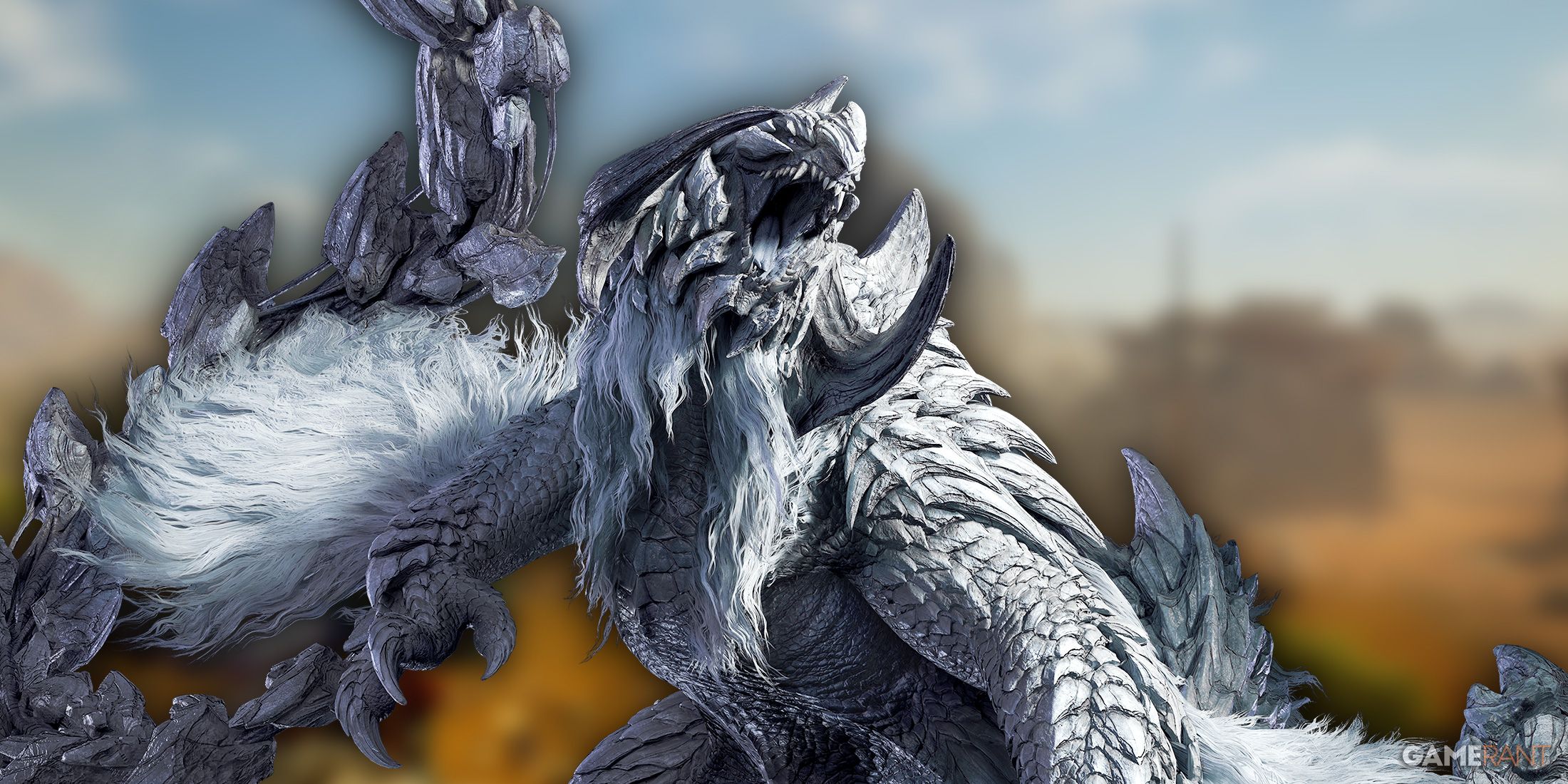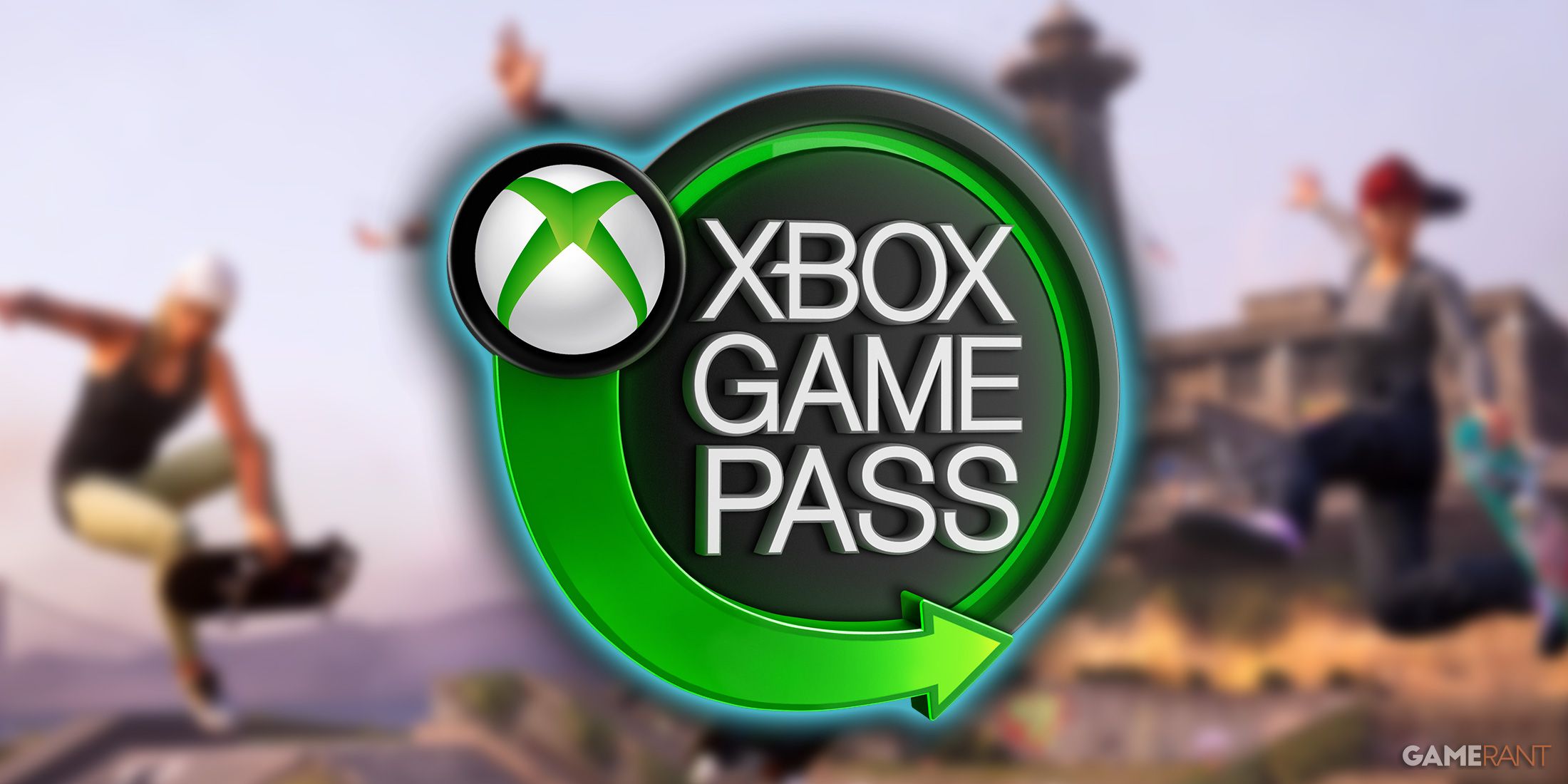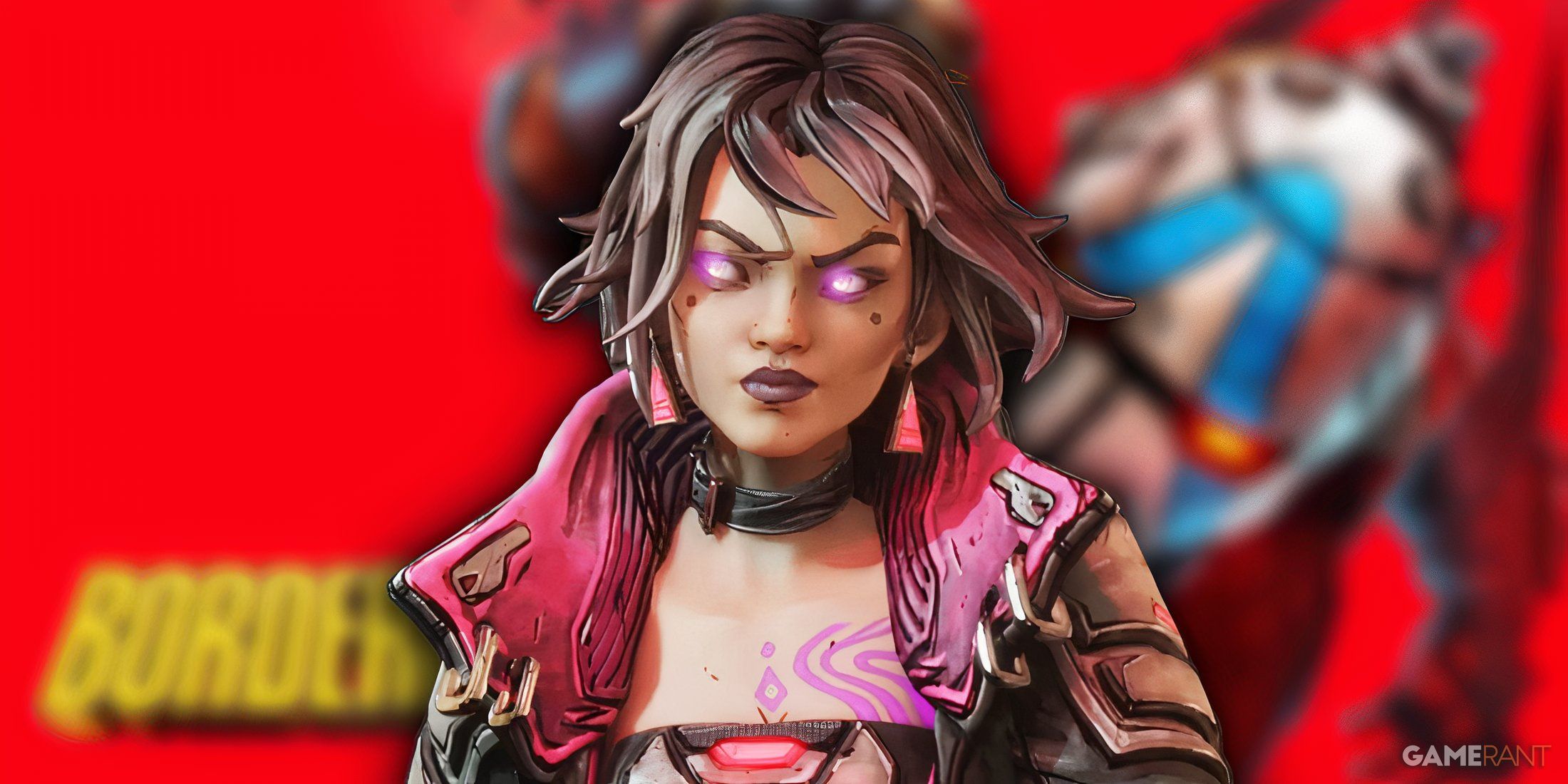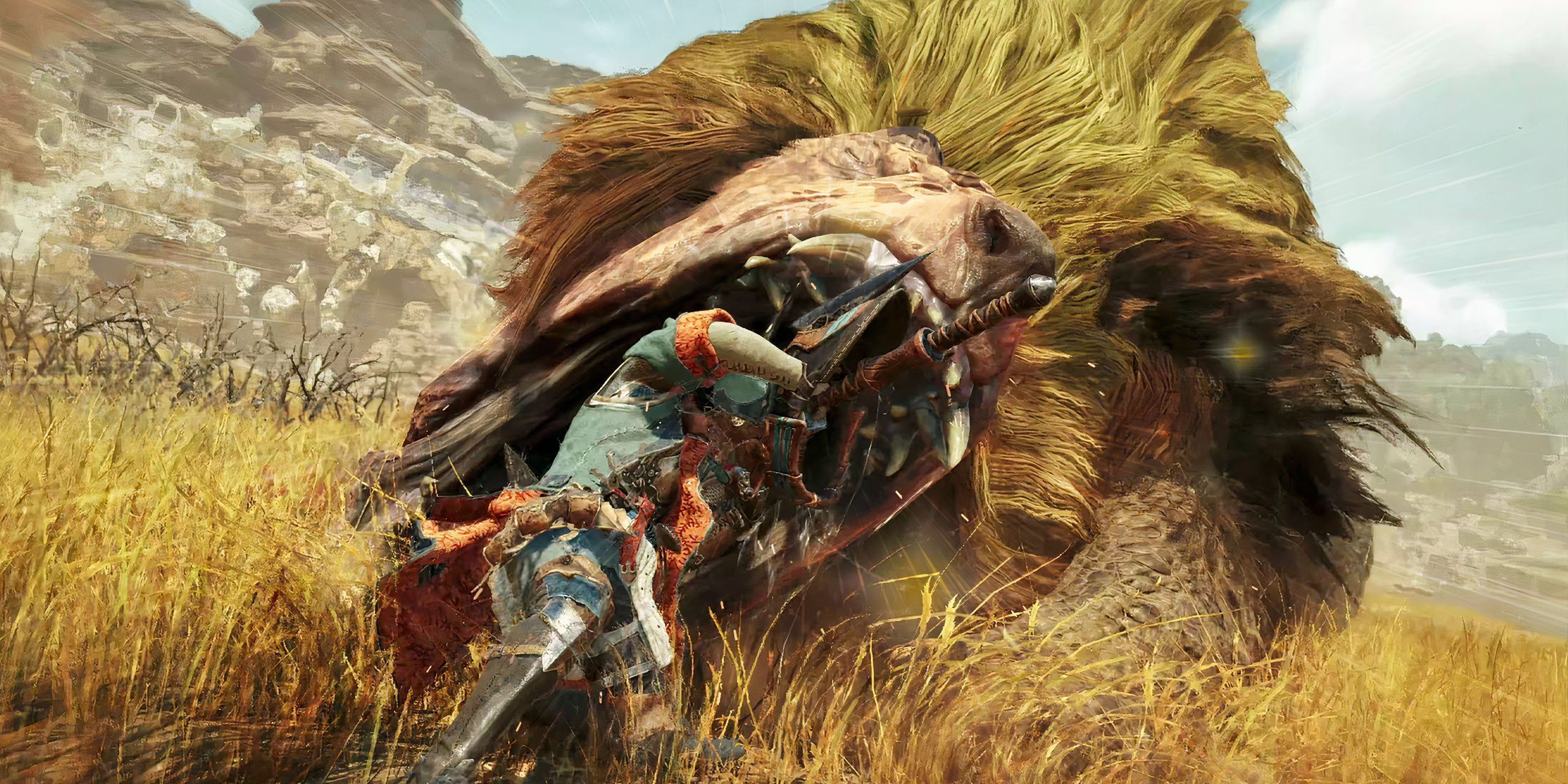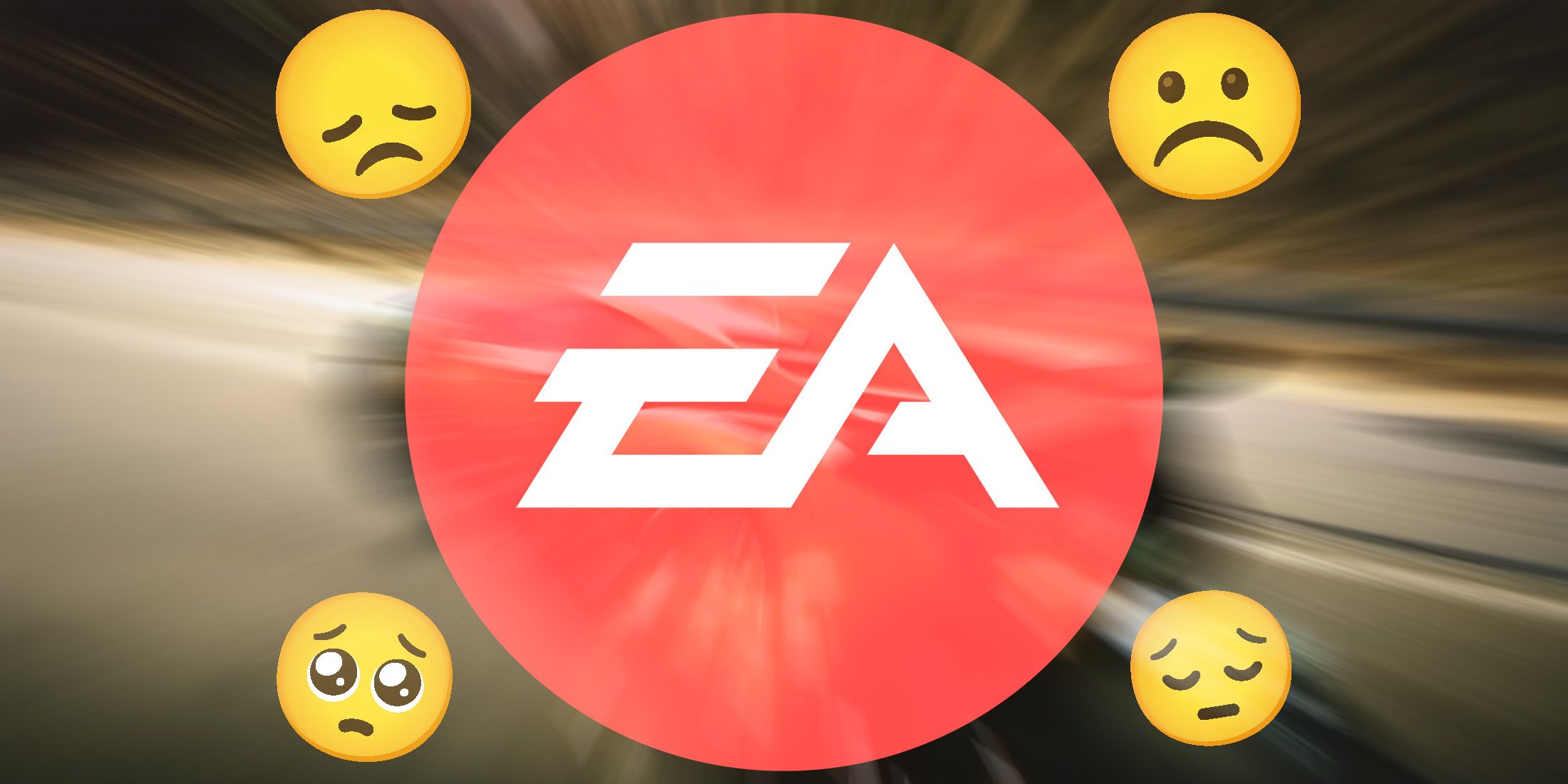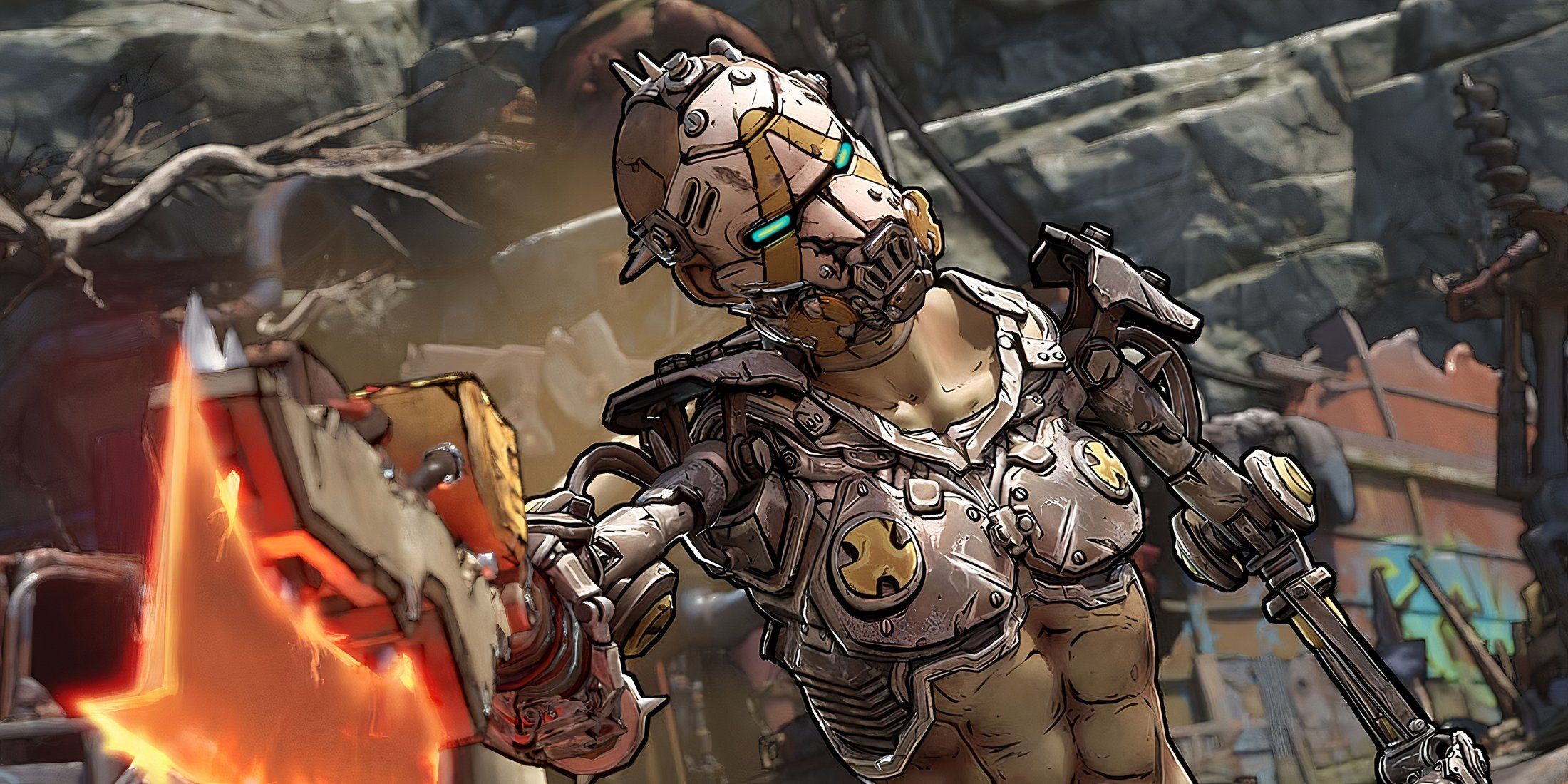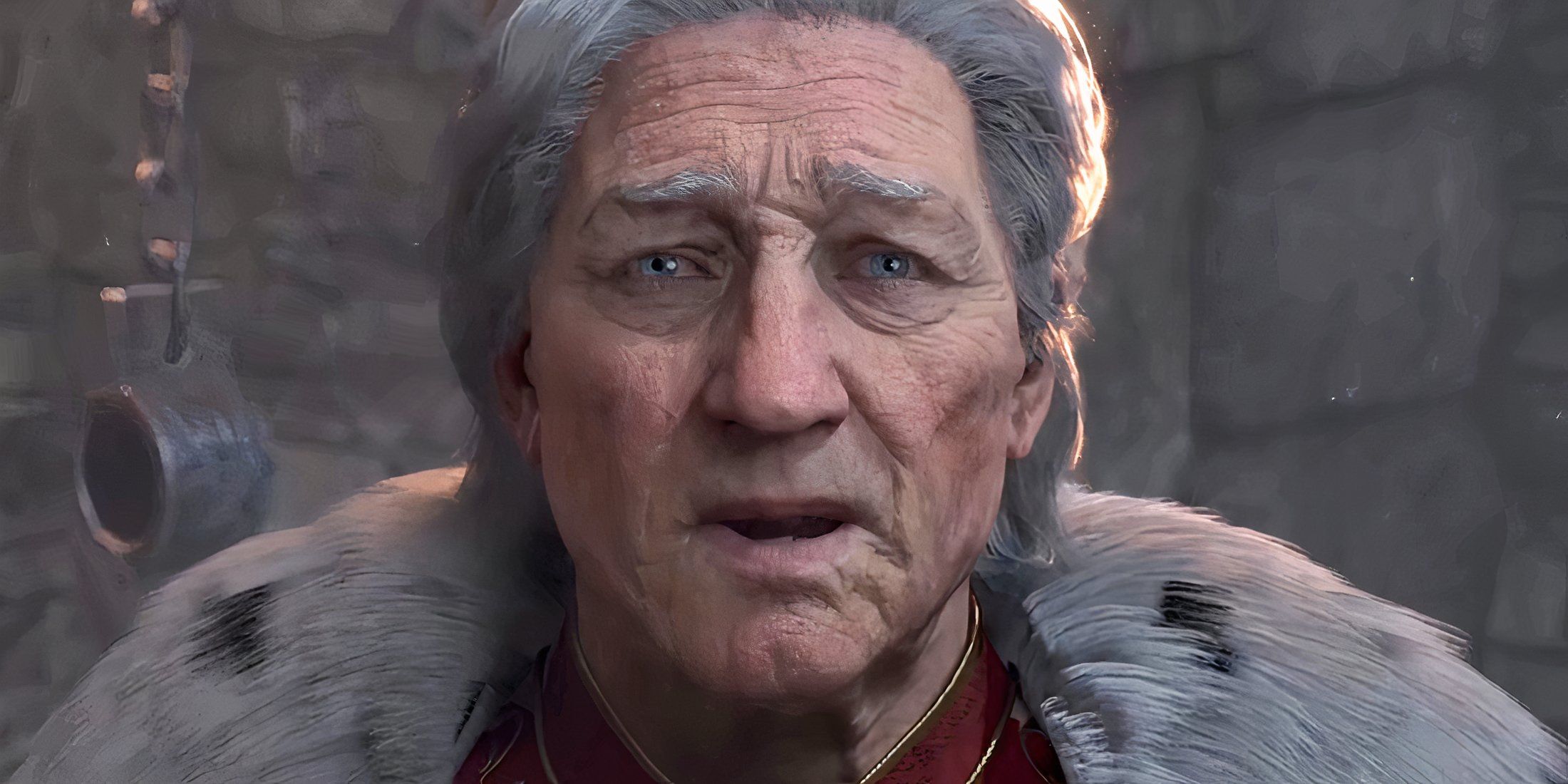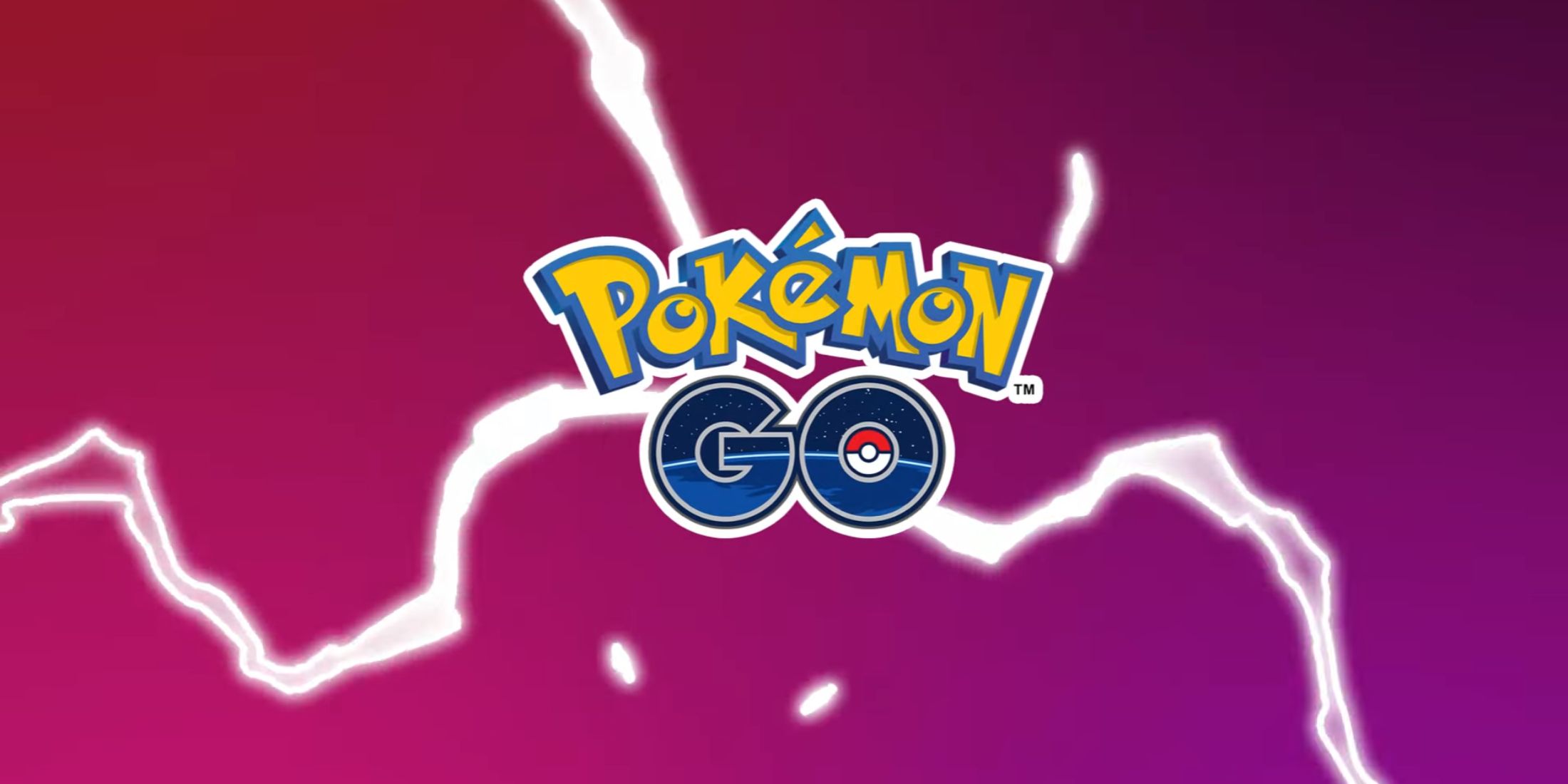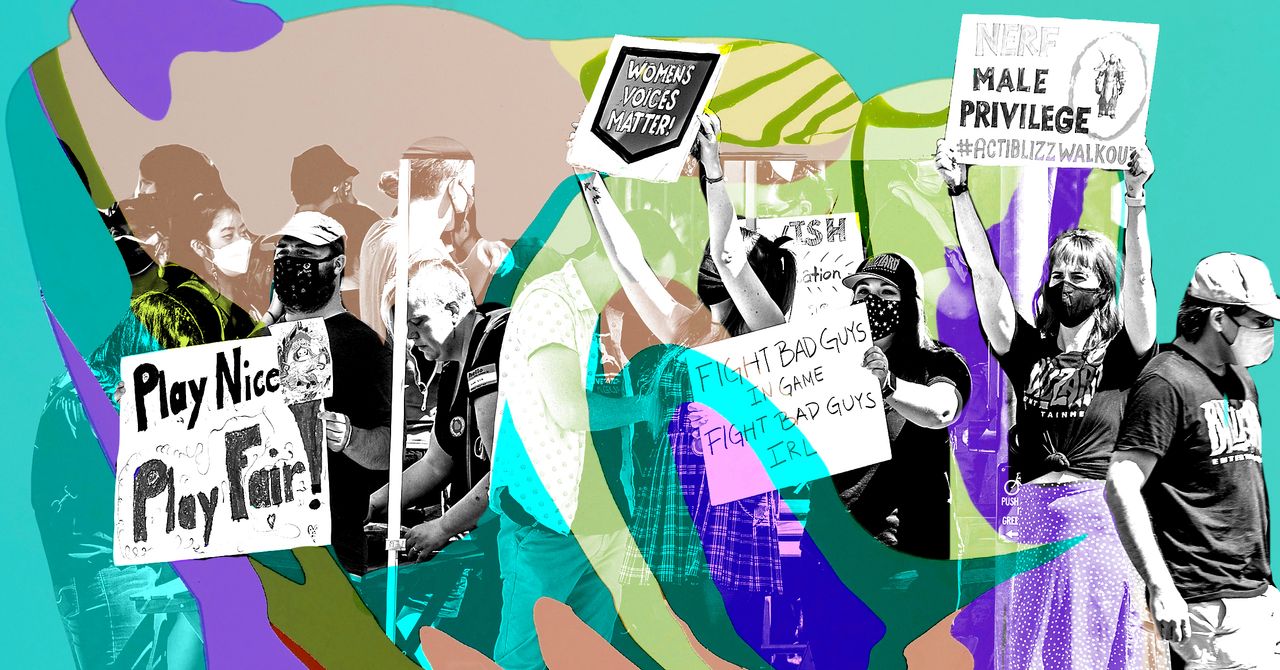
Marked by walkouts, strikes, petitions, and open letters, 2021 has been the biggest year yet for workers in the US video game industry taking a stand against labor conditions. Over the last year, a vocal contingent of video game workers has warned employers that they won’t tolerate subpar labor conditions just to fulfill their childhood dream of making video games.
“In my experience, it actually isn't suffering that drives people to take the risk and organize,” says Tom Smith, senior director of organizing for the Communications Workers of America, the country's largest communications and media union. “It’s hope. I think this is a moment in history in which both things are out there.” On December 15, CWA helped form the US’ first video game union at 13-person indie studio Vodeo Games—just two months after facilitating tabletop game publisher Paizo’s unionization effort.
Labor conditions in the games industry have been under scrutiny for nearly two decades. In the early 2000s, whistleblowers called attention to crunch, the practice of pulling 60- to 80-hour weeks ahead of game launches—a labor tactic that continues to this day. More recently, allegations of sexism and unequal treatment at top studios have roiled the industry. In 2018, current and former employees of League of Legends publisher Riot Games alleged that the company fostered a sexist “bro culture.” At Ubisoft, in 2020 several employees alleged that the company was steeped in sexism and that executives and HR failed to adequately handle complaints of misconduct. And in 2021, California’s Department of Fair Employment and Housing sued Activision Blizzard, alleging rampant sexism and a “pervasive frat boy workplace culture.” (At the time, Activision executive Frances Townsend described these allegations as painting a “distorted and untrue picture of our company, including factually incorrect and out-of-context stories.” In a statement to WIRED for this story, Activision spokesperson Kelvin Liu says, “There is no place at Activision Blizzard, or anywhere, for discrimination, harassment, or unequal treatment of any kind. We appreciate the courage of our current and former employees in coming forward with their experiences, as they serve as a reason and reminder for why we need to do better.”)
Onlookers assumed Riot Games would be the first company to coordinate a union-like initiative after the outcry in 2018. In fact, 150 Riot Games employees organized the games industry’s first labor-related walkout in May 2019. This protest also took aim at a clause in their contract compelling employees into arbitration in lieu of taking complaints of sexism before a judge and jury. “If you’d asked me in 2018,” says one current Riot employee who asked to remain anonymous for fear of retribution, “I thought we'd have a union by now, too.”
Instead, smaller grassroots initiatives have manifested internally at the company. Current Riot employees tell WIRED that some workers who led the company’s initial organization efforts burnt out. Others felt satisfied by the steps Riot took after the 2018 controversy, like overhauling hiring and promotion practices and removing certain problem employees. “Our leadership team has been willing to listen and engage with the difficult conversations and make changes,” one Riot employee says. “That takes a lot of the pressure out of unionization because things never reach a boiling point.”
Says another, “Riot has done an OK job satisfying people's concerns … While not perfect, [they] seem to have been enough that people do not feel the need to go through the difficulties of organizing to get more.” Also, the employee adds, “The pandemic is crazy and sapped a lot of energy or motivation to organize.”

